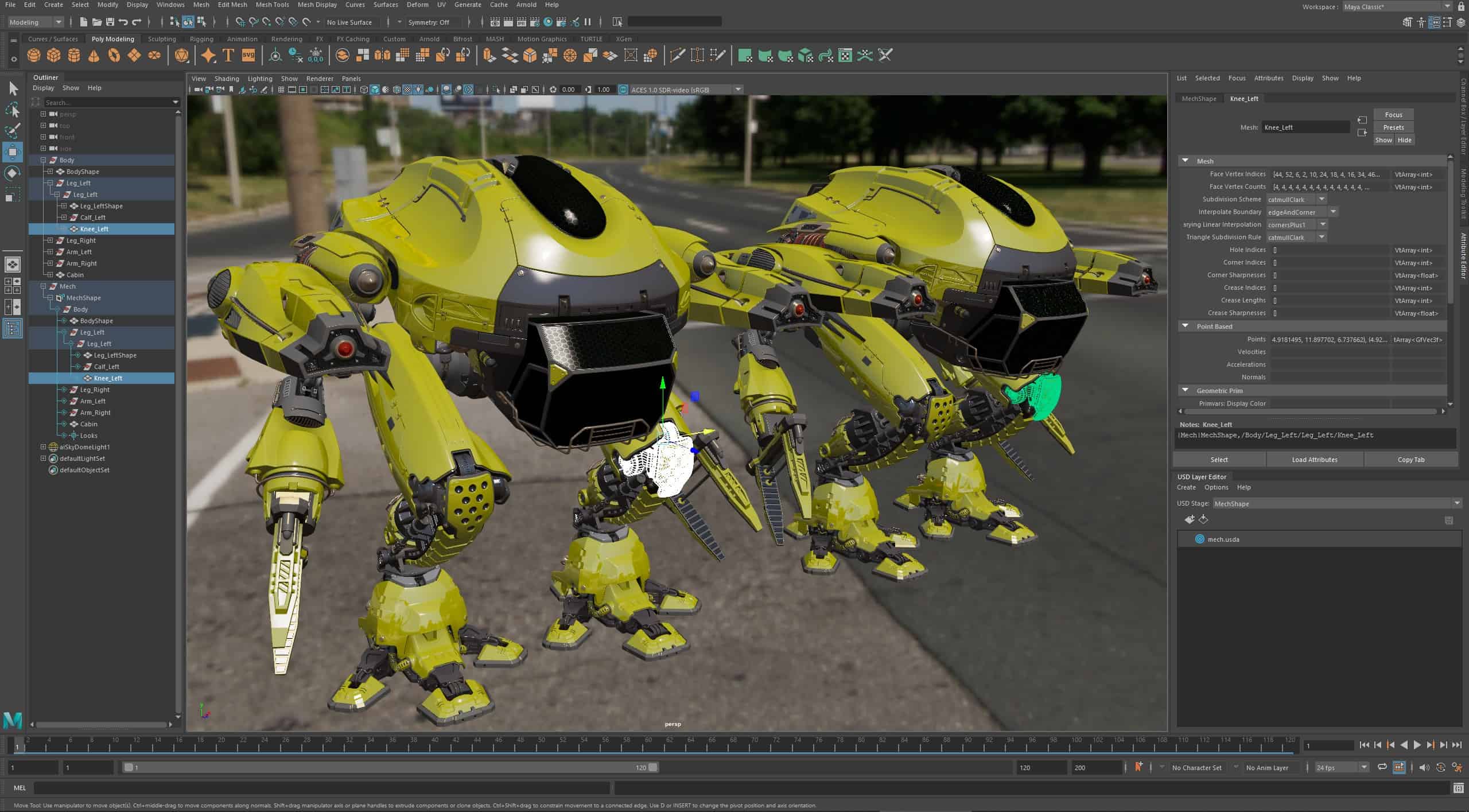Technology’s rapid advancement changes how we learn, work, and live.
Artificial Intelligence (AI) has become essential to this technological revolution, with applications ranging from medical diagnosis to self-driving cars. AI is now being used to improve learning and development in various ways.
In this blog post, we will explore the top 8 roles of AI in learning and development. We will discuss how AI can create personalized learning experiences, optimize learning resources, and more. By the end of this post, you should better understand the possibilities and potential of AI certification in learning and development.
1. Introducing learners to AI
To take full advantage of AI certification, learners must first be familiar with it. Introducing AI to your organization’s learning and development (L&D) team is a critical first step. AI is quickly becoming integral to many industries, including education and training. For example, AI can help to create tailored learning experiences based on each learner’s needs. Additionally, AI certification can assess learners’ knowledge and suggest the best methods for improving performance. By introducing learners to the basics of AI, they will be better equipped to navigate their learning and take advantage of the available tools. Furthermore, L&D teams can use AI to automate specific processes, allowing them to focus on more creative aspects of learning and development.
2. Assessing learners’ needs
Regarding learning and development, one of the essential roles of Artificial Intelligence is assessing learners’ needs. AI can be used to assess the abilities of each learner to determine their individual learning goals and objectives. AI can provide an in-depth analysis of the learners’ skills, allowing instructors to quickly identify areas of improvement and create more tailored learning plans. This AI certification helps ensure that the content presented to the learner is at the correct level of difficulty and complexity. Additionally, AI can help detect gaps in knowledge that can be addressed with additional training materials or resources. By utilizing AI in this way, educators can more effectively guide their learners’ progress.
3. Determining the effectiveness of learning content
Artificial Intelligence (AI) can help Learning & Development (L&D) teams measure their content’s effectiveness. AI-based technologies such as natural language processing, machine learning, and text analytics can be used to analyze course feedback and determine the most effective elements. An AI certification teaches students how to analyze and find valuable insights into what works and what doesn’t, enabling the L&D team to adjust the content accordingly. Furthermore, AI can track learners’ activity while reviewing the content and provide real-time feedback on which parts need improvement. AI can also provide data-driven evidence of which content resonates best with each type of learner.
4. Developing personalized learning experiences
Personalized learning experiences are made possible through the use of AI technology. By leveraging AI, educational institutions and companies can analyze data and create a tailored approach to delivering learning material that meets the needs of individual learners. This AI certification can range from customized content delivery and recommendations to personalized coaching and support. AI can also provide feedback on learners’ progress, helping them understand their strengths and weaknesses. By utilizing AI, institutions, and businesses can ensure that their learners receive personalized instruction that best suits their abilities and needs.
5. Incorporating AI into existing L&D programs
AI can be used to extend and enhance existing learning and development programs. AI can be used to identify the types of content that learners are responding to and suggest appropriate learning activities. It can also help instructors better understand how their students are learning and provide real-time feedback on the effectiveness of their teaching. AI can also automatically monitor learner engagement, giving instructors insight into their student’s progress and helping them adjust their approach as needed. Using AI, instructors can ensure their learners receive the best learning experience.
6. Enhancing eLearning platforms with AI
Artificial Intelligence is increasingly being used to improve the overall learning experience for learners. AI can automate tasks and increase efficiency in eLearning platforms, such as course creation, content curation, user-tracking, and more. AI-driven analytics can provide valuable insights into learning trends and performance, allowing instructors to identify areas that need improvement. Artificial Intelligence can also be used to customize the user interface and develop personalized learning experiences, helping to make online learning more interactive and engaging. Finally, AI can be used to create intelligent chatbots and virtual assistants, allowing learners to access support and get instant help with their queries. AI is proving to be a powerful tool for enhancing the eLearning experience.
Conclusion:
The role of Artificial Intelligence (AI) in learning and development has proven to be transformative, redefining educational landscapes worldwide. AI-powered tools, such as intelligent tutors, personalized learning platforms, and virtual classrooms, have enhanced individualized learning experiences, catering to diverse student needs and learning styles. Moreover, AI’s data analysis capabilities enable educators to gain valuable insights, creating targeted interventions and curricula refinement. While AI offers numerous benefits, its integration requires thoughtful consideration of ethical and privacy concerns. Striking the right balance between technology and human touch is crucial to harness AI’s full potential and fostering a future where learning and development are truly inclusive and empowering. As AI continues to evolve, staying updated through AI and ML courses will be vital in staying competitive and contributing to the ever-evolving world of artificial intelligence.






